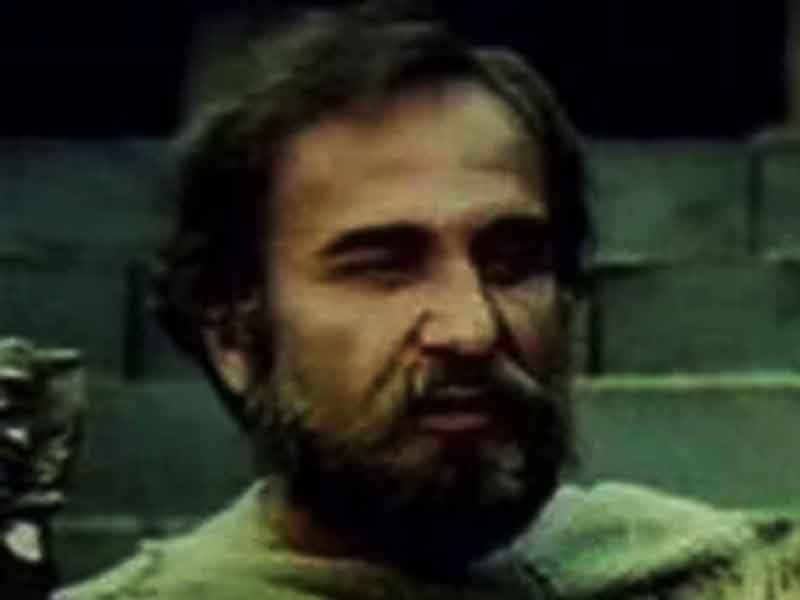Proud to introduce to you Deceneus
Deceneus
Deceneus, often described as a wise priest and adviser to the Dacian king Burebista, is remembered for his influence on ancient Dacian society, religion, and governance. He is known primarily from classical sources that portray him as a philosopher and interpreter of divine will, playing a crucial role in shaping the Dacian state’s spiritual identity. Deceneus is often associated with the spread of advanced learning, law, and knowledge among the Dacians, guiding them in philosophy, astronomy, morality, and faith. His counsel helped Burebista unify the Dacian tribes and create one of the most powerful kingdoms in Eastern Europe during the first century BCE.
Life
82 BC - 44 BC
Names
Dekaineous, Deceneus, and Dicineus
Roles
Philosopher, astronomer and advisor of Burebista
Role in ancient history
Deceneus was a philosopher, astronomer, and priest who lived during the reign of the Dacian king Burebista.
Although there is limited information available about Deceneus, he is believed to have played a significant role in the religious and political life of the Dacian people.
Deceneus and Burebista
Deceneus was a philosopher, astronomer, and counselor of King Burebista.
He is described as a high priest and wizard who imparted his knowledge to the Dacian people.
According to Jordanes, Deceneus taught the Dacians to cut their vines and to live in harmony with nature.
He is also said to have taught them about the stars and the heavens.
Deceneus is believed to have played a significant role in the political life of the Dacian people.
He is said to have advised Burebista on matters of state and to have helped him consolidate his power.
In Strabo's account, Deceneus is the second most powerful man among the Dacian and Getic tribes and their high priest.
His support for Burebista is key to the latter's attaining and holding power over all the tribes.
King role
After Burebista's death, Deceneus succeeded to political power in a reduced area, but he does not appear to have taken the royal title.
Dacian society and culture
Although there is limited information available about Deceneus, he is remembered as an important figure in Dacian history.
His teachings and influence on Burebista are believed to have played a significant role in shaping Dacian society and culture.
Iordanes account
Thus Iordanes portrays the earnestness and understanding with which at least the sacerdotal class concerned the scientific preoccupations, and further on "the most prominent and wise men whom theology has taught, advised them to honor certain divinities and sanctuaries by making them priests, and giving them the name of pileats "(Getica XI, 71)
Deceneu removed the Bacchic or Dionysiac cult associated with vine and organ harvesting. He is the first to oppose vigorously the penetration of foreign cults into Dacia. That is why it is not by accident that it determined the royal authority to order the destruction of the vine - the sacred plant of Dyonisos - and that all the Dacian priesthood supported him in this extraordinary act. As a great priest and viceroy, then himself a king, Deceneu had a dual authority, moral (cutting the vice of drunkenness) and politics (by organizing tribes and sacerdotal caste).
The Decenean made a profound social and religious reform of the Geto-Dacian people, famous in the ancient world. He imposed sobriety and temperance, demanded the people obedience to commandments as the effect of education through righteousness, the Getae being recognized, after Herodotus, as the most righteous of the Thracians.
Iordanes comments: "By sharing knowledge of physics, he naturally made them respect their laws that they have in their written form until today and call them belagines." In fact, belagine laws are the laws of the Goths, not of the Getae, the term being encountered in Origo Gothica (555), although the author of the text claimed it was ancient laws. More specifically, it is the Ostrogoths' laws. Jordan's work is not considered a historical source of trust, its purpose being to assign a prestigious past to the new ruling class of the Goths.
Deceneus summary

Content created by:
Alex Costin
Results driven services:
Digital Marketing
Need my expertise?
Contact me
No tracking cookies!
General information purposes only!
Business partners offers (backlinks):
Search Engine Optimisation agency:
SEO
Explore this city secret guide:
Barcelona
Outdoor recreational activity:
Canyoning
Wide range of housing services:
2Let2
Copyright © 2023-2026 Alex Costin